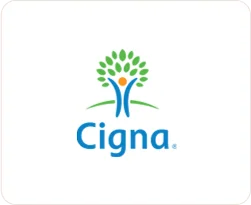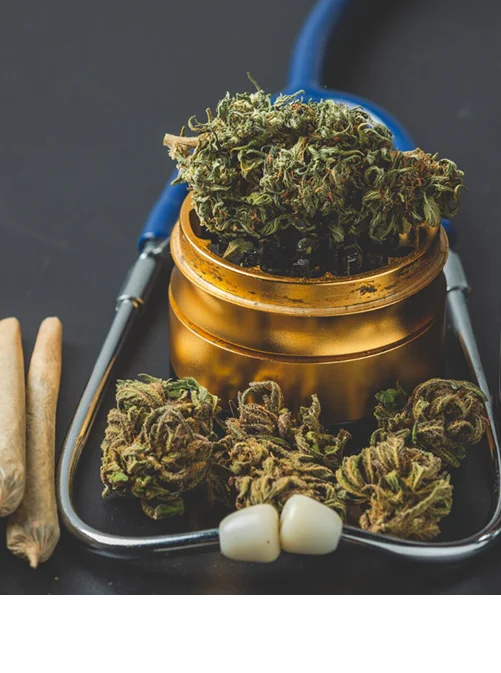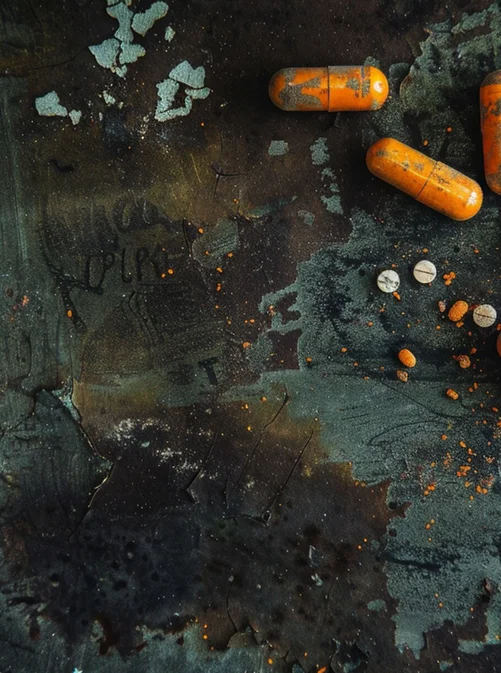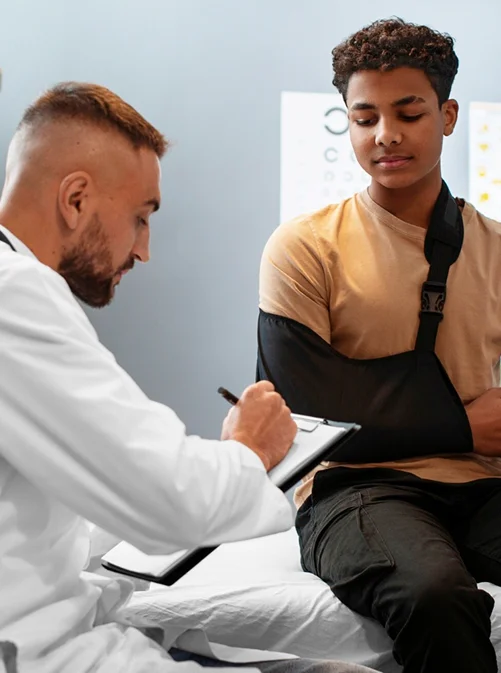Don’t let alcohol addiction define you. Take the first step to a sober life with the right support, proven therapies, and a team that cares about your recovery.
Alcohol is one of the most socially acceptable drinks; it’s everywhere. Since a large proportion of the population drinks alcohol, it is a detrimental issue in the United States. According to the Center for Disease Control and Prevention, it is one of the leading causes of preventable deaths. It is linked directly or indirectly to many crimes like DUI, violence, homicide, and assault. But that’s not all; long-term consumption of alcohol can cause liver damage, cancer, and heart diseases.
Differentiating between casual drinking and alcohol addiction is necessary to separate yourself from the chronic alcohol addicts.
| Category | Casual Drinking | Alcohol Addiction |
|---|---|---|
| Daily Consumption | Less than 2 drinks per day | More than 4 drinks per day |
| Physical Dependence | No physical dependence or withdrawal symptoms | Cravings for Alcohol |
| Control | Can choose to stop or moderate intake | Difficulties in control use or to cut down |
| Social Impact | Drinking doesn’t cause social problems | Drinking takes priorities over other activities |
Alcoholism affects people from everywhere. Due to its social acceptability, there’s a prevalent issue of alcohol abuse in the United States. Despite its negative impacts, usage of alcohol is increasing day by day in the U.S. Understanding the long-term effects of alcohol on health can help you and your loved ones make better choices.
people across the U.S. struggle with alcoholism and abuse of alcohol
of people over 18 admitted to binge drinking
people die due to alcoholism in the United States
of people suffering from alcohol addiction get treatment
experience alcoholism at higher rates than women
of alcoholic patients reported low or no alcohol addiction after one year of rehab
There are many forms of alcohol abuse, so it is very difficult to categorize symptoms of alcohol abuse. It makes it hard for you to recognize these symptoms in yourselves or your loved ones. Some of the clearest signs include regular intoxication and recurring hangovers. Other signs can be categorized as physical, behavioral, and emotional.
The extent of physical signs depends on a number of factors, like how much and how often one consumes alcohol. The pace at which these physical signs develop depends on how serious the addiction is. Some of these signs include:
Every substance addiction messes with brain functionality and alters a person’s behavior in some way. Alcohol addiction is known to cause such changes depending on how long you have been addicted. Such behavioral signs include
Emotions sometimes can be difficult to deal with, but alcohol addiction makes it even harder. If you are addicted, your emotions would range from depressive sadness to sudden euphoric highs. A few emotional signs include
If you or your loved one has any of these symptoms, it’s time to get professional help from medical experts. Book a free consultation with our expert to discuss your route to recovery.
We offer several treatment programs to meet the individual needs of our clients. The type of treatment a person receives depends on several factors, like their mental health condition, addictions other than alcohol, and their alcohol addiction. After carefully evaluating these factors, we develop a personalized treatment plan.
State-of-the-Art Facilities
Our modern treatment centers provide a comfortable, safe environment for your recovery journey.
During the course of this treatment, the individual resides at the treatment facility and stays there depending on their needs. This type of treatment is best suited for those who have had unsuccessful attempts at being sober.
Individuals are allowed to spend most of their time on their own during the outpatient program. With only a few sessions per week, this treatment program is for those who don’t want a long-term commitment.
PHPs allow individuals to continue living at home while spending the majority of their time at the facility. This is ideal for those who require medical assistance regularly.
This is a program designed for those who can live on their own but need continuous treatment. IOPs allow patients to choose between inpatient treatment or a more flexible option.
Even after recovery, you still are at risk of a potential relapse. We have developed our aftercare program to fill that gap between treatment and complete sobriety. This program provides you with support and knowledge to prevent relapse and sustain your sober life.

MAT helps you reduce or stop drinking and prevent the risk of a relapse. Although MAT can be used alone, its efficacy is improved when combined with other treatments, such as behavioral and experiential therapy or a mutual-support group. FDA-approved and nonaddictive medications used for AUD are naltrexone, acamprosate, and disulfiram.

Our therapists often utilize MET to motivate patients, catalyzing them to change their minds and deal with their problems. This therapy helps our patients choose their path to recovery and mentally strengthen to overcome the challenges of relapsing.

Such treatments involve talk therapy or counseling and can include different approaches such as cognitive behavioral therapy, dialectical-behavioral therapy, and holistic therapies. These therapies focus on introspection, mindfulness techniques, and teaching emotional intelligence. These skills would empower you to combat substance addiction and facilitate changes, helping you on your recovery journey.
We are in network with most of the medical insurance providers in the United States. Check your insurance coverage for our alcohol addiction treatment with a simple click.




We are not just providing alcohol treatment in Florida; our well-experienced professionals offer the best treatment options to individuals.

At Drugs Rehab FL, we offer streamlined fentanyl addiction treatment options with therapies and aftercare support to individuals’ recovery.

The licensed professionals provide structured help when you are looking to get rid of the crystal methamphetamine addiction in any form.

Heroin recovery has become smooth with the help of the best drug rehabilitation that offers personalized heroin addiction treatment plans to patients.

Continuous cannabis use can develop physical dependence, and we are here to help you with the inpatient and outpatient marijuana treatment services.

Fighting the cocaine use disorder without medical support is not going to help you. Contact us to start cocaine addiction treatment today.

Long-term use of opioids, even for medical purposes, can result in dependence. Get immediate opioid addiction treatment today if you are struggling.

Affected by the benzo addiction and looking for treatment. Drugs Rehab FL is your go-to option for benzodiazepines addiction treatment.

Struggling with drug use disorder and co-occurring mental health disorders? Get the best dual diagnosis addiction treatment in Florida.
Men who drink more than four drinks per day or 14 per week, and women who drink more than three or seven per day, are at higher risk for health problems. If you relate to one or more symptoms listed below, you might need AUD treatment:
Acamprosate, Disulfiram, and Naltrexone are the three FDA-approved drugs for treating alcohol use disorder. We will jointly go over your medical history, current prescriptions, and personal preferences to choose the best course of action for you. As it has been the most effective of the three, we advise most people to begin with the Naltrexone. But it is not a choice for every patient.
It might be difficult to quit opioids without help, as withdrawal symptoms can be extremely painful or even dangerous.
Make an appointment today just by giving us a call! We will go over your past medical history, current medications, and frequency of alcohol use during our initial meeting. We’ll work together to create a plan that suits your needs and fits your schedule.
Like diabetes or high blood pressure, alcohol use disorder (AUD) is a chronic illness. As a result, continuous treatment is necessary, though the specifics of that treatment differ for each individual. There are no recommendations to dictate the duration of medication. In general, we advise people to keep taking their medications if they are effective and come with no unpleasant side effects. These medications are non-addictive and FDA approved. We do check liver and kidney function from time to time.
Although it is not necessary, our medical experts do suggest counseling for a number of reasons. Counseling increases the chances of a successful treatment. Additionally, we advise joining mutual support groups such as Alcoholics Anonymous (AA). You can also avail our aftercare programs to sustain your long-term sober journey.
Alcohol Addiction Rehab in Florida:
Start your recovery from AUD at our alcohol rehabilitation center in Florida. We treat and diagnose a range of drug addiction disorders like Heroine, Fentanyl, Marijuana, Cocaine and Alcohol. Our alcohol rehabilitation center cures your body of any addiction and hidden mental condition for total recovery. We have flexible options, like inpatient and outpatient, personalized according to your availability. Our medical professionals are with you throughout the rehab program with state-of-the-art facilities. If you or your loved one needs help with alcohol rehabilitation in Florida, contact DrugsRehabFL today!
Talk to our medical consultant and get a personalized treatment plan and build a foundation to live an alcohol-free, sober life.